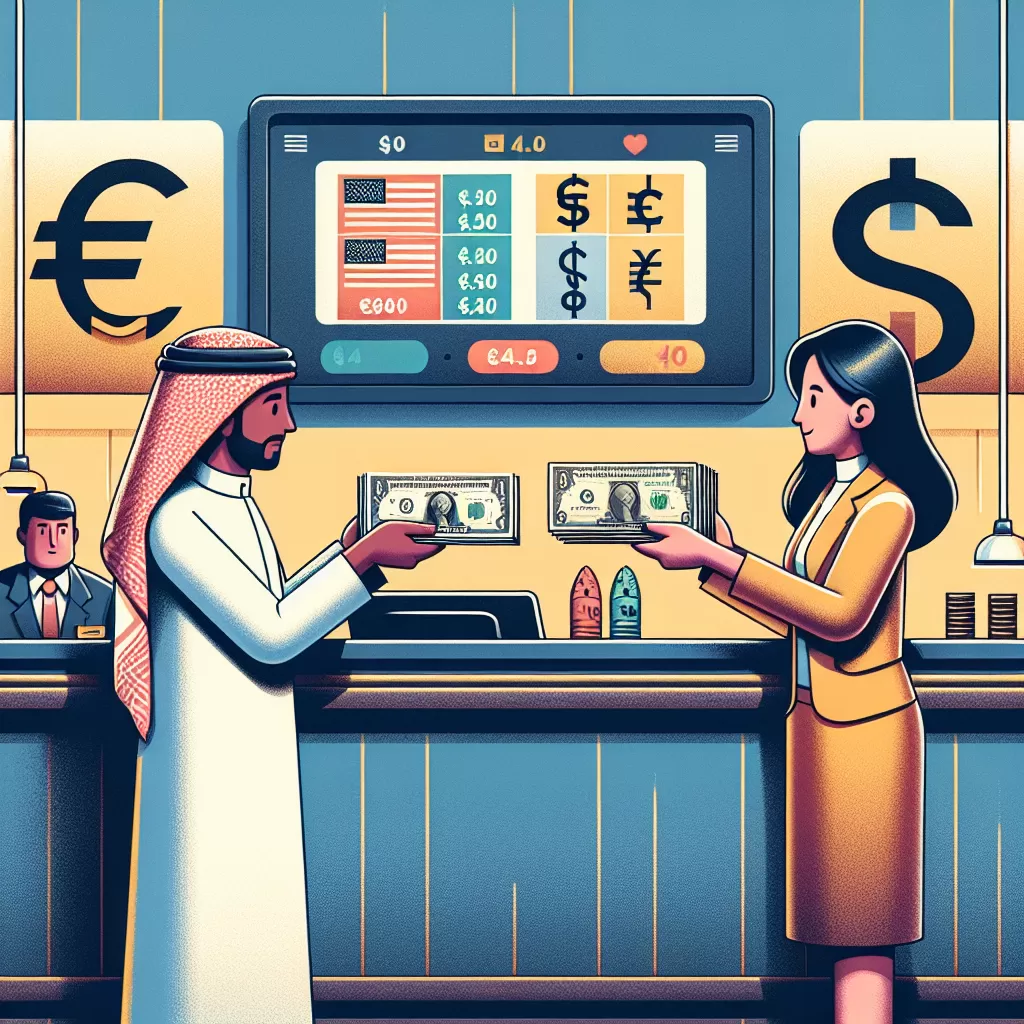What Is A Currency Exchange Rate
Follow Currency Mart April 10, 2024
Where to purchase Foreign Currencies?

Introduction
In the realm of financial markets, few concepts are as vital and common as currency exchange rates. These rates, which represent the comparative value between two currencies, are the foundation of global trade and economics. Understanding them is thus essential for anyone engaged in international business, travel, or investment.Understanding Currency Exchange Rates
Currency exchange rates refer to the value of one nation’s currency in relation to that of another. For instance, if it costs 1.25 Canadian dollars to buy one American dollar, then the USD/CAD exchange rate is 1.25. They are quoted in pairs as each currency's value can only be assessed in terms of another one.Functions of a Currency Exchange Rate
A currency exchange rate acts as a gauge of a nation’s economic health and a fundamental tool for balance of payments adjustment. It also plays a significant role in the foreign exchange market - the largest and most liquid financial market where currencies are traded 24/7.The Factors Influence Currency Exchange Rates
Multiple factors, such as inflation, interest rates, political stability, and economic performance, can influence currency exchange rates. Countries with lower inflation generally see an appreciation in their currency value. Interest rates, politics, and a country's economic health also impact exchange rates.Different Types of Currency Exchange Rates
There are primarily two types of exchange rates - floating and fixed. Floating rates are determined by the forces of supply and demand in foreign exchange markets. Meanwhile, fixed rates are set by the government or central bank and are pegged to the value of a strong currency like the US dollar or Euro.Impact of Currency Exchange Rates on Businesses and Investors
Spikes and declines in the exchange rate can impact businesses and investors significantly. For businesses, a weaker domestic currency makes exports cheaper and imports more expensive, potentially affecting the profitability of firms, especially those in export-oriented sectors. For investors, fluctuations in the currency exchange rate can have big implications for the return on foreign investments.Currency Exchange Rate and Travel
For travelers, understanding currency exchange rates is critical. Travelers can exchange their home currency for the currency of their destination country at a bank, online, or at a currency exchange bureau, ideally informed by the current exchange rate and fees.The Role of Banks and Exchange Bureaus
Banks and exchange bureaus are the primary means by which individuals and businesses exchange currencies. They make a profit from the spread between the rates they buy and sell at, and they often charge fees for their services.Conclusion
Currency exchange rates are a cornerstone of the global economy, affecting a variety of elements from basic decisions made by travelers to complex investment strategies. Understanding them can enable informed decision-making and can wield the power to enhance profits, mitigate risks, and maximize gains.
Where to purchase Foreign Currencies?